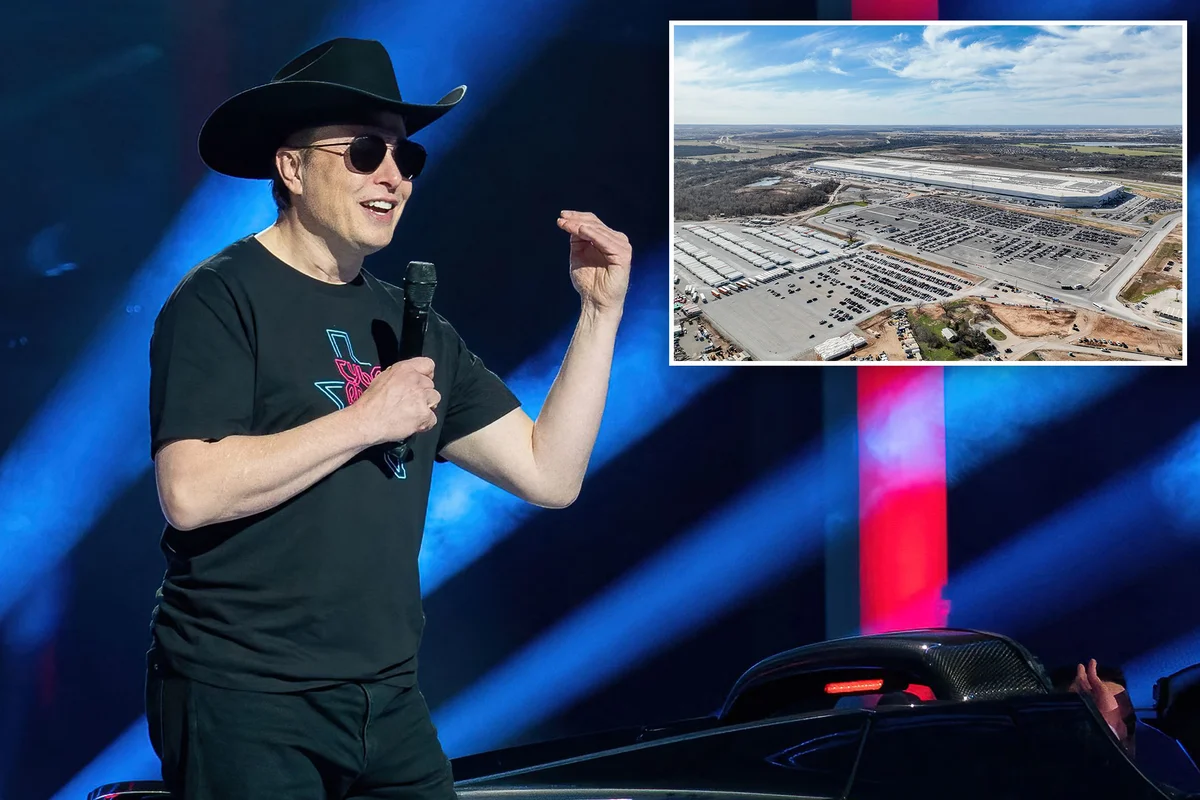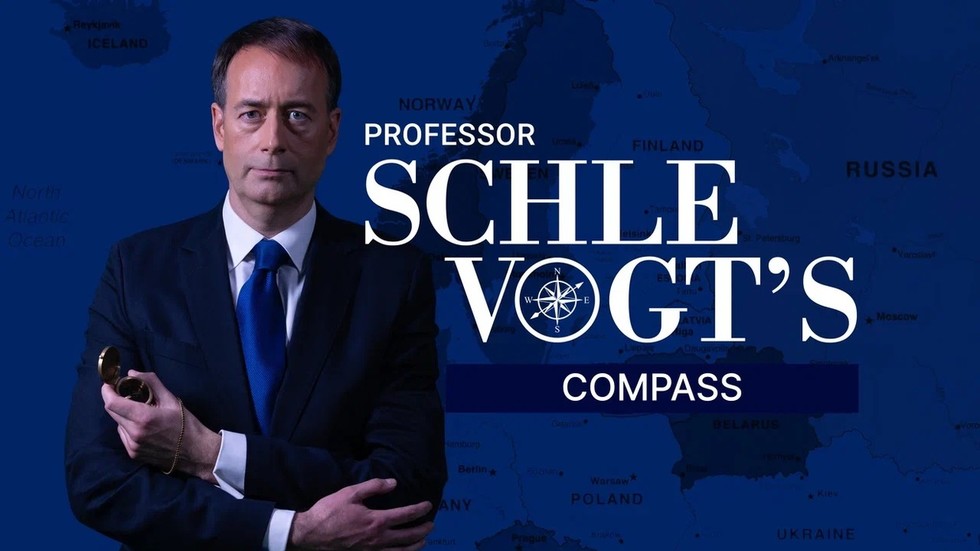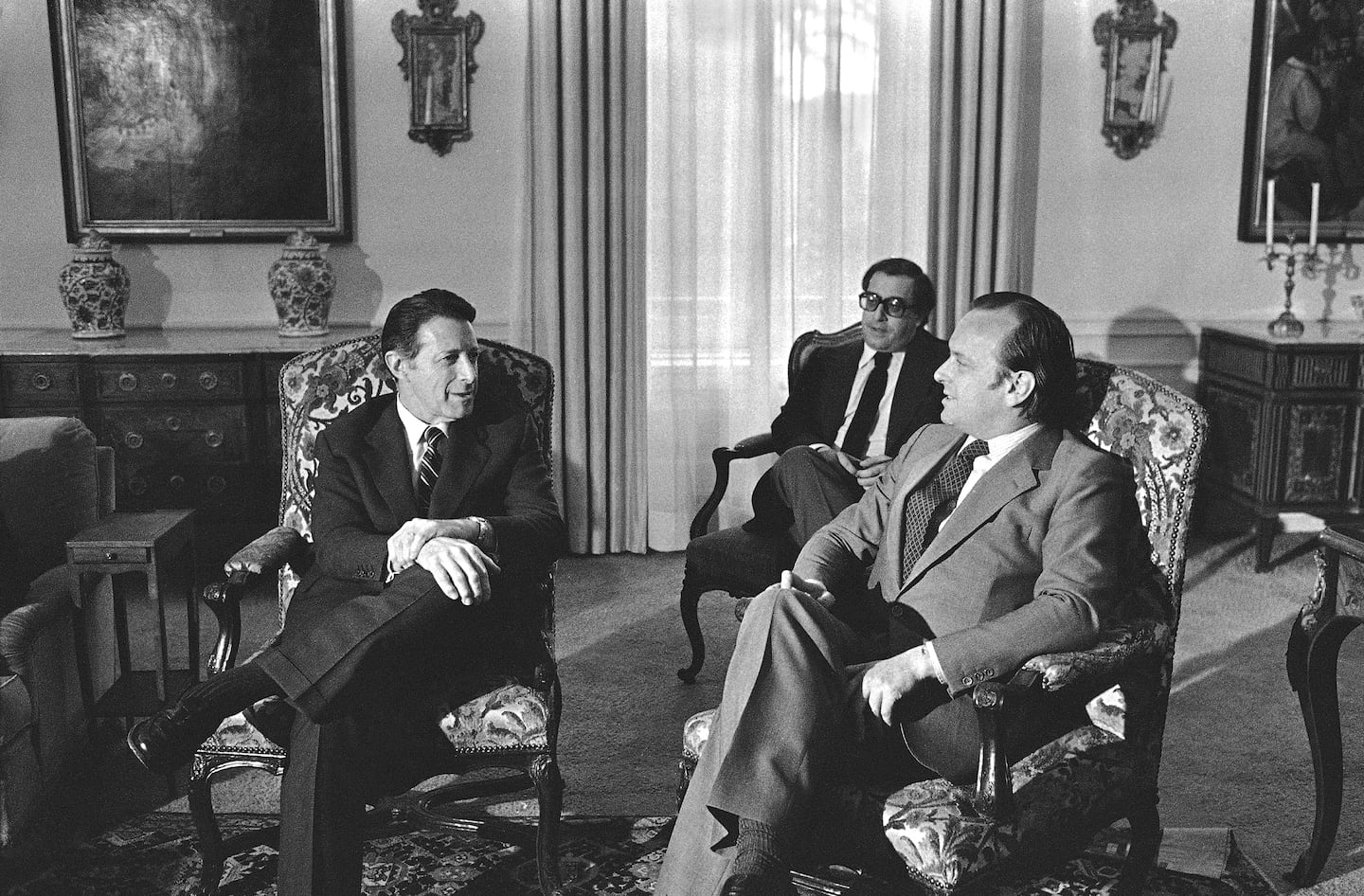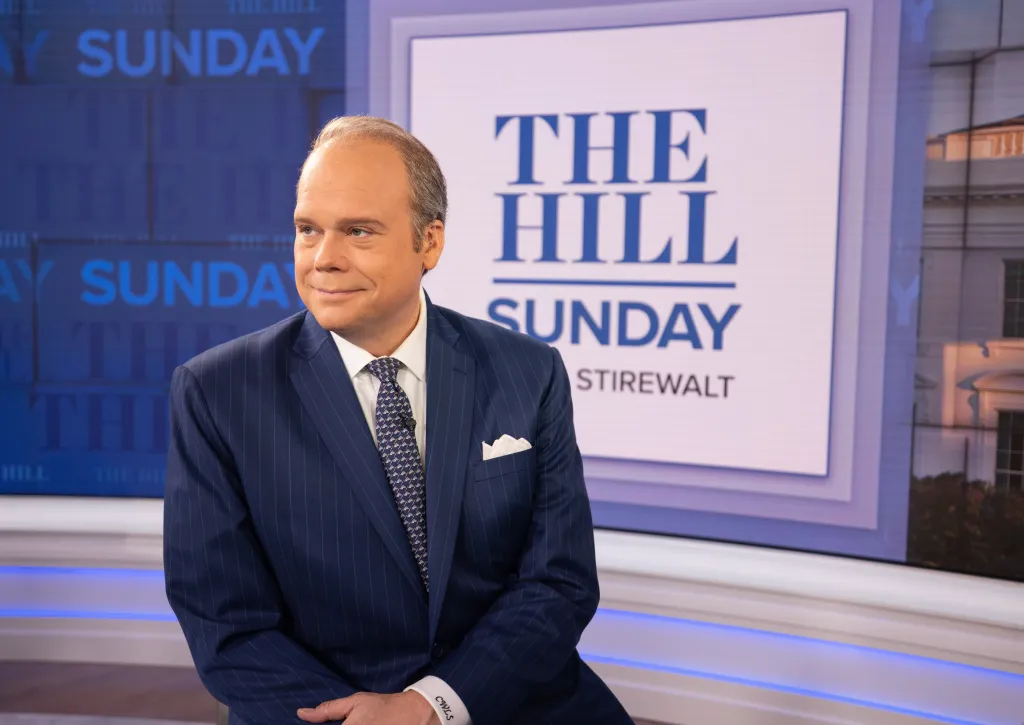Copyright independent

Tesla shareholders have overwhelmingly voted to award Elon Musk a massive $878 billion pay package, rather than risk losing him, backing their “superstar CEO” to drive the electric vehicle manufacturer toward a market value of $8.5 trillion within a decade. Over 75 percent of shareholders backed the plan, company officials said, and news of the approval sent cheers through the audience of investors at Tesla’s annual shareholders meeting in Austin, Texas. The vote signals investor confidence that Musk is the only man who can lead the business into its next phase of growth into artificial intelligence, self-driving robo-taxis, and humanoid robots. “I’d like to thank the Tesla board for their immense support,” Musk told the crowd. “We have a fantastic board, a fantastic group of shareholders... What we’re about to embark upon is not merely a new chapter in the future of Tesla but a whole new book.” The compensation plan voted through outlines several performance milestones that Musk is now expected to deliver on. The first of these requires doubling Tesla’s current $1 trillion value to $2 trillion, followed by his overseeing further growth in incremental installments of $500 billion until the $8.5 trillion target is reached by 2035. To take his personal stock holding up from the present 15.3 percent by a further 12 percent, Musk must also deliver significant product development and turn out 20 million new Tesla EVs over the next decade, plus 10 million full self-driving subscriptions and 1 million humanoid robots, while also sending out 1 million robo-taxis into commercial service. The CEO will be further required to take Tesla to $400 billion in actual earnings, after its actual earnings for the third quarter of 2025 came in at a disappointing $4.2 billion, down 9% year-over-year. Musk must also be personally vested in the company for seven and a half years and help Tesla develop a long-term succession plan to allay concerns about its being too dependent on one man, himself, for success. In advance of the vote, Tesla Board Chair Robyn Denholm and board member Kathleen Wilson-Thompson had warned shareholders in an October 27 letter that they could lose Musk if they do not back him, given that he “has not received meaningful compensation for eight years” due to the protracted legal battle over his last compensation plan in 2018, which was worth $56 billion then and $128 billion now and which led Musk to relocate the company from Delaware to Texas. “Without Elon, Tesla could lose significant value, as our company may no longer be valued for what we aim to become,” they said of the man who is also heavily involved with SpaceX and X and who recently launched a highly eventful “side quest” into politics as part of President Donald Trump’s administration, which led to Tesla cars being vandalized in an angry public backlash and ultimately ended in acrimony. Musk is the company’s largest shareholder, with holdings more than twice those of its next-largest investor, the Vanguard Group, which owns 7.52 percent, giving him an outsized voice in Thursday’s vote. Only five other funds hold more than 1 percent of Tesla’s shares. Before the meeting, Cornell University business law professor Charles Whitehead said Tesla’s board faced a “classic holdup”. At the same time, Gautam Mukunda of the Yale School of Management argued that Musk already owns enough Tesla stock to make him the world’s first trillionaire if he meets the board’s performance goals and therefore did not need the incentive of a “second trillion” from investors, adding that Musk has the most to lose if Tesla falters. “This is a guy who’s holding a gun to his own head, saying: ‘Give me a trillion dollars,’” Mukunda told Reuters. “It’s not the job of the board of directors to just nod like a bobblehead doll when the CEO asks them for something.”



